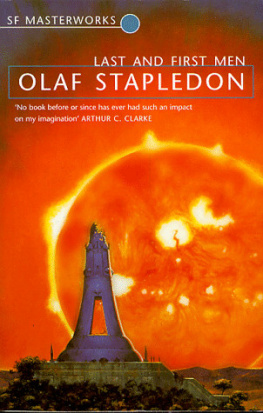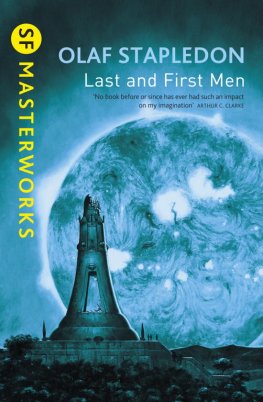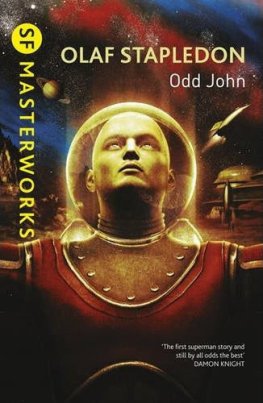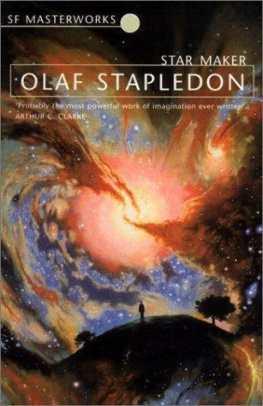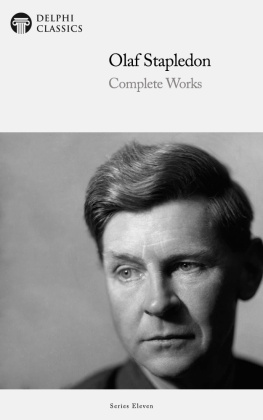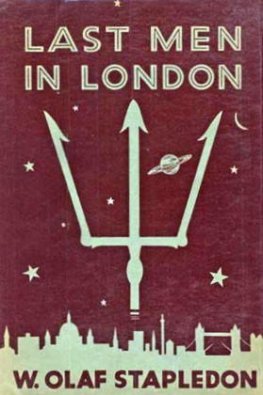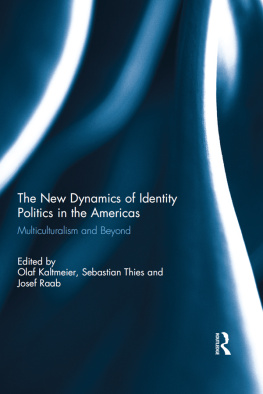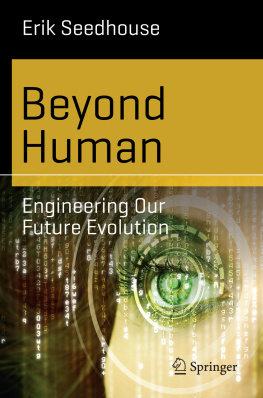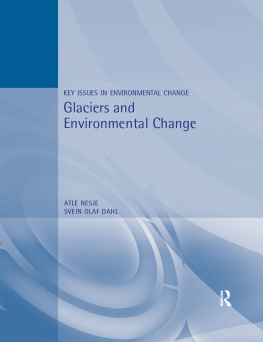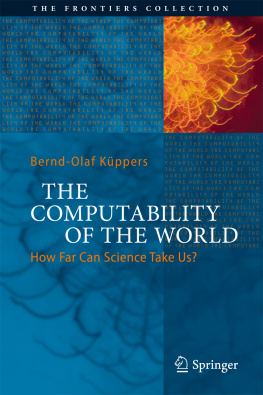MAN seems to be entering one of the major crises of his career. His whole future, nay the possibility of his having any future at all, depends on the turn which events may take in the next half-century. It is a commonplace that he is coming into possession of new and dangerous instruments for controlling his environment and his own nature. Perhaps it is less obvious that he is also groping toward a new view of his office in the scheme of things, and toward a new and racial purpose. Unfortunately he may possibly take too long to learn what it is that he really wants to do with himself. Before he can gain clear insight, he may lose himself in a vast desert of spiritual aridity, or even blunder into physical self-destruction. Nothing can save him but a new vision, and a consequent new order of sanity, or common sense.
America may play an important part in creating the new vision. But visions, if they are to be permanently helpful, must embody the whole breadth and depth of experience. They must not be crude, extravagant, lop-sided. They must be conceived not only with originality but with sanity, even if sanity has to take up a new orientation in consequence of the new vision.
In early chapters of this book America is given a not very attractive part. I have imagined the triumph of the cruder sort of Americanism over all that is best and most promising in American culture. May this not occur in the real world! But since the possibility of such an issue is admitted even by many Americans themselves, I shall, I hope be forgiven for emphazing it, and using it as an early turning point in the long drama of Man.
THIS is a work of fiction. I have tried to invent a story which may seem a possible, or at least not wholly impossible, account of the future of man; and I have tried to make that story relevant to the change that is taking place today in mans outlook.
To romance of the future may seem to be indulgence in ungoverned speculation for the sake of the marvellous. Yet controlled imagination in this sphere can be a very valuable exercise for minds bewildered about the present and its potentialities. Today we should welcome, and even study, every serious attempt to envisage the future of our race; not merely in order to grasp the very diverse and often tragic possibilities that confront us, but also that we may familiarize ourselves with the certainty that many of our most cherished ideals would seem puerile to more developed minds. To romance of the far future, then, is to attempt to see the human race in its cosmic setting, and to mould our hearts to entertain new values.
But if such imaginative construction of possible futures is to be at all potent, our imagination must be strictly disciplined. We must endeavour not to go beyond the bounds of possibility set by the particular state of culture within which we live. The merely fantastic has only minor power. Not that we should seek actually to prophesy what will as a matter of fact occur; for in our present state such prophecy is certainly futile, save in the simplest matters. We are not to set up as historians attempting to look ahead instead of backwards. We can only select a certain thread out of the tangle of many equally valid possibilities. But we must select with a purpose. The activity that we are undertaking is not science, but art; and the effect that it should have on the reader is the effect that art should have.
Yet our aim is not merely to create aesthetically admirable fiction. We must achieve neither mere history, nor mere fiction, but myth. A true myth is one which, within the universe of a certain culture (living or dead), expresses richly, and often perhaps tragically, the highest admirations possible within that culture. A false myth is one which either violently transgresses the limits of credibility set by its own cultural matrix, or expresses admirations less developed than those of its cultures best vision. This book can no more claim to be true myth than true prophecy. But it is an essay in myth creation.
The kind of future which is here imagined, should not, I think, seem wholly fantastic, or at any rate not so fantastic as to be without significance, to modern western individuals who are familiar with the outlines of contemporary thought. Had I chosen matter in which there was nothing whatever of the fantastic, its very plausibility would have rendered it unplausible. For one thing at least is almost certain about the future, namely, that very much of it will be such as we should call incredible. In one important respect, indeed, I may perhaps seem to have strayed into barren extravagance. I have supposed an inhabitant of the remote future to be communicating with us of today. I have pretended that he has the power of partially controlling the operations of minds now living, and that this book is the product of such influence. Yet even this fiction is perhaps not wholly excluded by our thought. I might, of course, easily have omitted it without more than superficial alteration of the theme. But its introduction was more than a convenience. Only by some such radical and bewildering device could I embody the possibility that there may be more in times nature than is revealed to us. Indeed, oniy by some such trick could I do justice to the conviction that our whole present mentality is but a confused and halting first experiment.
If ever this book should happen to be discovered by some future individual, for instance by a member of the next generation sorting out the rubbish of his predecessors, it will certainly raise a smile; for very much is bound to happen of which no hint is yet discoverable. And indeed even in our generation circumstances may well change so unexpectedly and so radically that this book may very soon look ridiculous. But no matter. We of today must conceive our relation to the rest of the universe as best we can; and even if our images must seem fantastic to future men, they may none the less serve their purpose today.
Some readers, taking my story to be an attempt at prophecy, may deem it unwarrantably pessimistic. But it is not prophecy; it is myth, or an essay in myth. We all desire the future to turn out more happily than I have figured it. In particular we desire our present civilization to advance steadily toward some kind of Utopia. The thought that it may decay and collapse, and that all its spiritual treasure may be lost irrevocably, is repugnant to us. Yet this must be faced as at least a possibility. And this kind of tragedy, the tragedy of a race, must, I think, be admitted in any adequate myth.
And so, while gladly recognizing that in our time there are strong seeds of hope as well as of despair, I have imagined for aesthetic purposes that our race will destroy itself. There is today a very earnest movement for peace and international unity; and surely with good fortune and intelligent management it may triumph. Most earnestly we must hope that it will. But I have figured things out in this book in such a manner that this great movement fails. I suppose it incapable of preventing a succession of national wars; and I permit it only to achieve the goal of unity and peace after the mentality of the race has been undermined. May this not happen! May the League of Nations, or some more strictly cosmopolitan authority, win through before it is too late! Yet let us find room in our minds and in our hearts for the thought that the whole enterprise of our race may be after all but a minor and unsuccessful episode in a vaster drama, which also perhaps may be tragic.
Any attempt to conceive such a drama must take into account whatever contemporary science has to say about mans own nature and his physical environment. I have tried to supplement my own slight knowledge of natural science by pestering my scientific friends. In particular, I have been very greatly helped by conversation with Professors P. G. H. Boswell, J. Johnstone, and J. Rice, of Liverpool. But they must not be held responsible for the many deliberate extravagances which, though they serve a purpose in the design, may jar upon the scientific ear.

